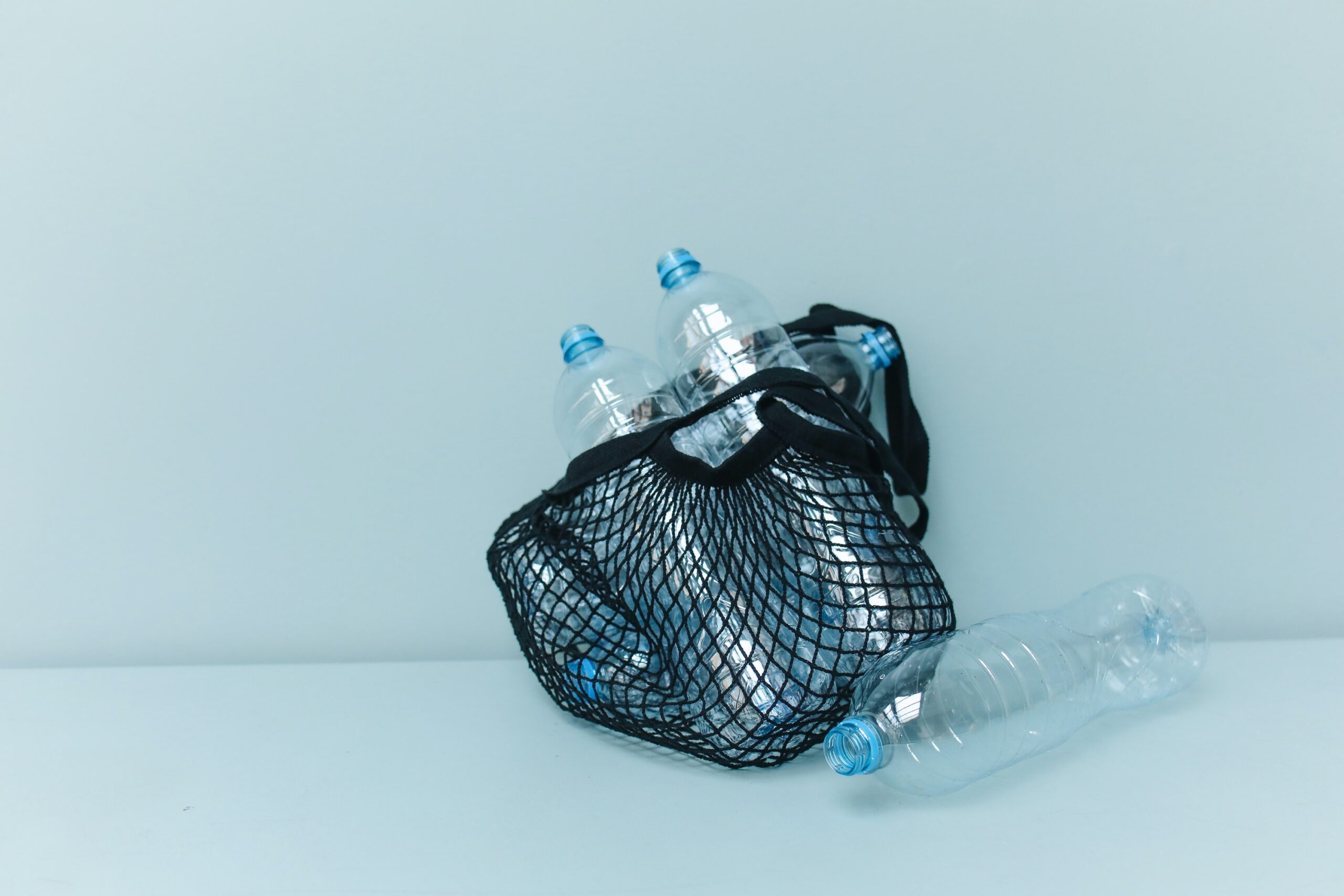The United Nations Tries to Clean Up Plastic Waste
Plastics problem.

If you’ve been to the beach lately—or gazed at the roadside, walked through a typical downtown, or been pretty much anywhere on the planet—you’ve no doubt noticed the world has a bit of a plastic problem: there’s too much of it. So much so that scientists estimate the mass of all plastic ever produced now surpasses that of all creatures on the planet.
March 2, the world decided to do something about it—by charging a United Nations commission to write a treaty that will help the world kick its addiction to plastics, by not only cleaning up what already exists (less than 10 per cent of all plastic has ever been recycled) but also by limiting what countries can produce in years to come. Negotiators will now begin the long, tedious back-and-forth discussions with the goal of completing a comprehensive, legally binding treaty on the subject two years from now.
It’s a big deal—and not only for those looking to get rid of the mountains of unsightly waste in the four corners of the world. In many ways, plastics are a kind of gateway drug to further environmental degradation. They require massive amounts of resources to produce: a single one-litre plastic water bottle uses about 250 millilitres of crude oil to produce. That same water bottle will take at least 450 years to decompose, giving it plenty of time to leach toxins into our soil, our waterways, or the ocean, in addition to the microplastic particles it sheds as it breaks down. And then there are the CO2 emissions. Estimates vary, but an Imperial College of London study concluded that a 500-millilitre bottle contributes about 50 grams of CO2 after accounting for transportation, packaging, and other processes. It doesn’t seem like much when you read it on the page, but considering worldwide plastic production accounts for approximately the same emissions as all the world’s airplanes in one year, surely plenty to worry about.
Before you pooh-pooh the prospect of the world’s agreeing to anything these days, remember that the treaty banning CFCs from the atmosphere has been responsible for the slow but tangible progress in repairing the Earth’s protective layer of ozone. If we can come to a similar agreement on plastics, we could end up making similarly slow but tangible progress—and maybe even solve a couple of larger problems at the same time. Or to put it in pithier terms: change this one thing, and it could change everything. At least, we can hope.




